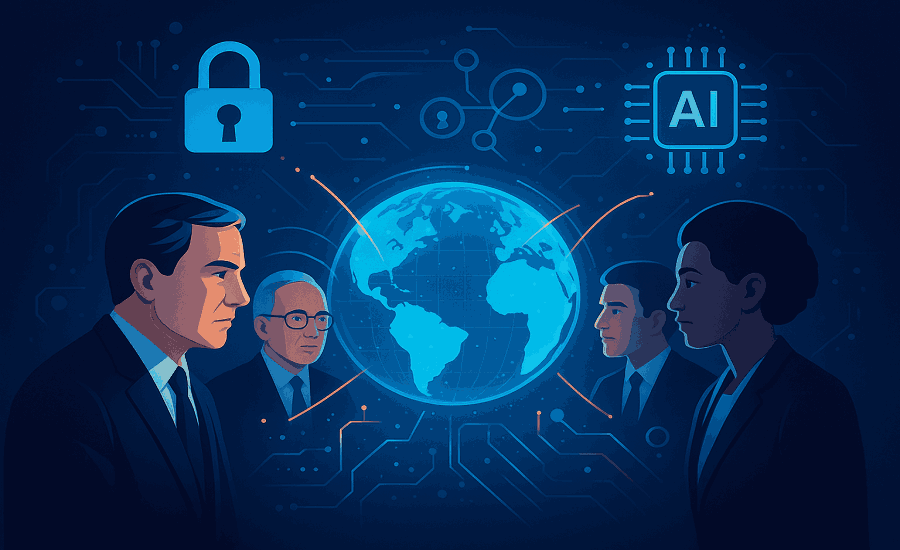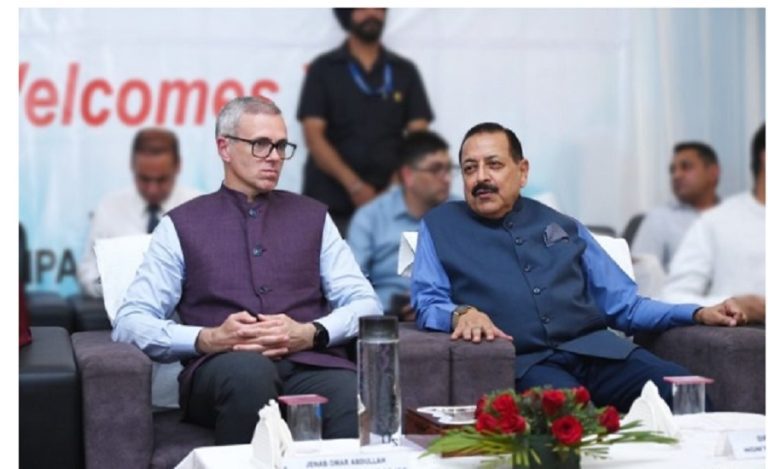Partnered Content
The world is becoming more connected through the internet every day. Cyber diplomacy is the way countries use diplomatic tools and conversations to handle opportunities and problems in cyberspace.
Traditional diplomacy helps countries work together on issues such as trade and peace. Cyber diplomacy focuses on digital issues such as cybersecurity, internet governance, data privacy, and online crime.
Security, fair internet rules, stopping cybercriminals, and protecting people’s rights are all part of cyber diplomacy. In this article, we discuss why cyber diplomacy is becoming so crucial in 2025. Let’s dive into the details.
Read Also: From Esports to Soft Power: How Countries Use Video Games for Public Diplomacy and Global Connection
Rising Cyber Threats
Cyberattacks are becoming more common and more dangerous. In 2025, most companies say online risks have increased, and hacking or ransomware is still a big problem.
Hackers now use artificial intelligence to make their attacks faster and harder to stop. Some countries also attack others through the internet, targeting hospitals, banks, or power systems.
This is why cyber diplomacy is so important. It helps countries talk, share information, and make rules to stop these attacks from turning into bigger conflicts.
When teams investigate or share video evidence of attacks, they often rely on tools like VLC to review security footage across any device.
Protecting Critical Infrastructure
Things like power, water, transport, and hospitals all depend on computers and the internet. If hackers attack these systems, people can lose electricity, trains can stop, and hospitals may not work.
Through cyber diplomacy, countries can agree not to attack such important systems. They can also help each other fix problems and protect these networks.
When nations cooperate like this, people stay safer and daily life runs smoothly.
To maintain quick and safe communication during cyber emergencies, teams often use encrypted tools like WhatsApp. You can download it for Mac through this link.
Geopolitical Tensions
Big countries such as the United States, China, and Russia now compete for power in cyberspace.
Some believe the internet should be open and free, while others want more government control. These differences can create tension.
Cyber diplomacy helps countries talk and find common ground so that online competition does not turn into real conflict.
Economic and Trade Issues
The online economy is now worth trillions of dollars. Every country depends on the internet to trade, store data, and do business.
Cyber diplomacy helps nations agree on fair rules for digital trade and data protection.
When countries trust each other online, businesses can grow safely, and everyone benefits from a stable digital economy.
Artificial Intelligence and New Technologies
Artificial intelligence can help protect systems, but hackers can also use it to create smarter attacks.
That’s why countries are now working together through cyber diplomacy to set rules for how AI should be used.
This cooperation makes sure new technologies help people instead of creating new dangers.
(This is a third-party article, and Indian Masterminds is not liable for any of the details mentioned.)





























